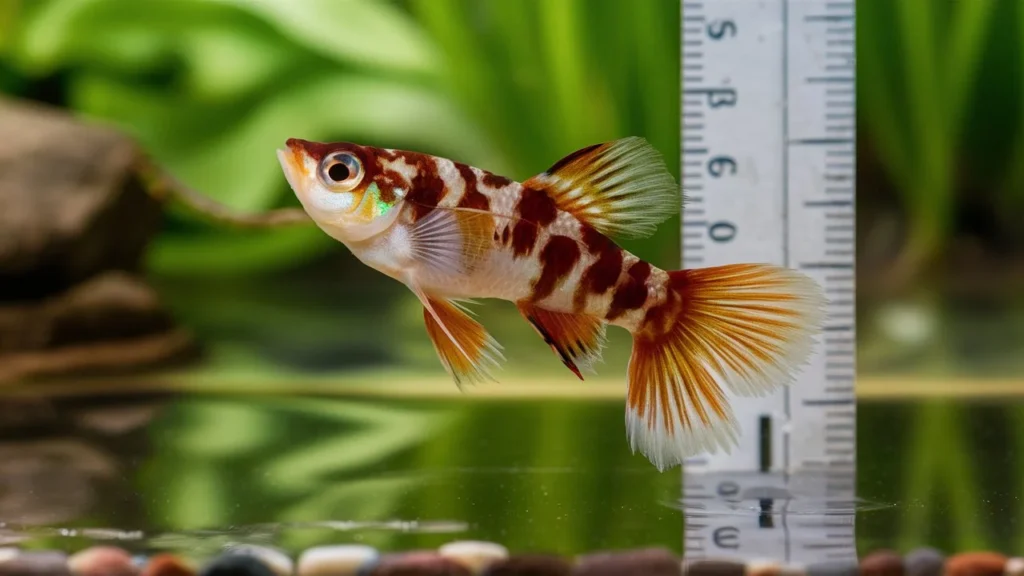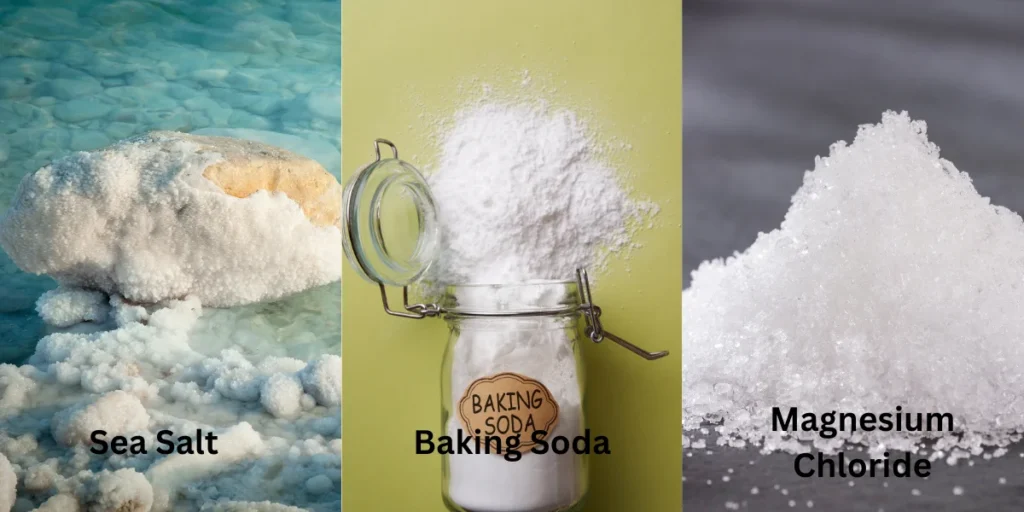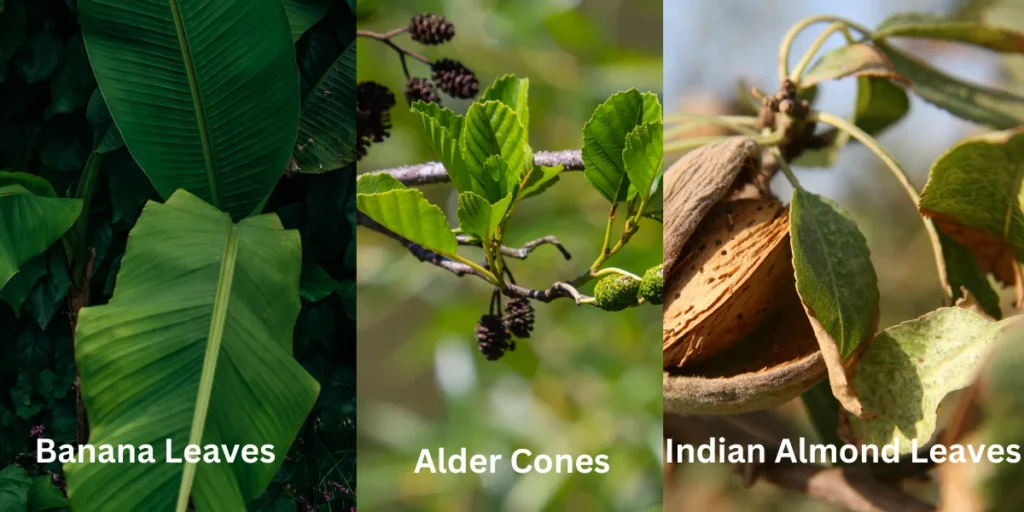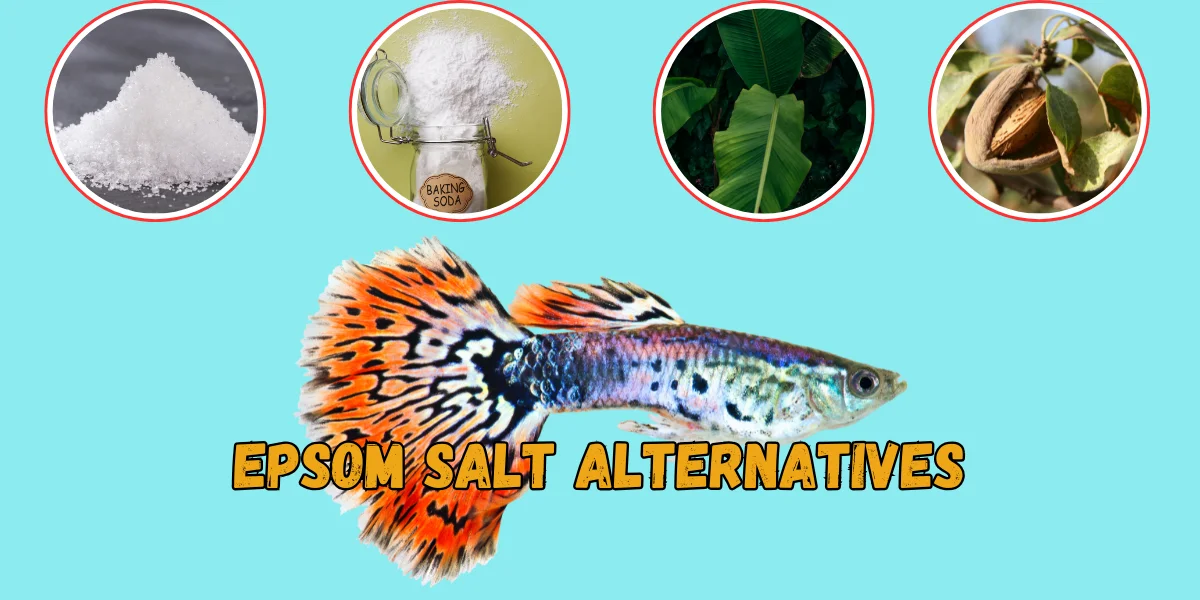Epsom salt has long been a staple for aquarium enthusiasts, particularly in guppy care, due to its efficacy in treating common issues like bloating and constipation in fish. However, there are various reasons to seek alternatives to Epsom salt, ranging from availability concerns to specific aquarium needs. This article delves into practical substitutes for Epsom salt, offering insights into their applications, benefits, and unique considerations for guppy care.
Why Seek Epsom Salt Alternatives in Guppy Care?
Epsom salt, made from magnesium sulfate, is a well-known treatment for guppies experiencing health issues such as swim bladder disorders and constipation. These conditions can make it hard for guppies to swim or behave normally, and Epsom salt often provides quick relief. It is widely used by fishkeepers because of its simplicity and effectiveness.
Still, there are situations where you might need to consider alternatives. For example:
- Limited Availability: If Epsom salt is not easily available in your area, you may need to rely on substitutes that can be found locally.
- Water Chemistry Concerns: Epsom salt can sometimes alter the tank’s water parameters, which might not be ideal for every setup. In such cases, other options with less impact on water chemistry can be a better choice.
- Natural Remedies: Some aquarists prefer using completely natural remedies, such as herbal solutions or other salts, to maintain a more organic approach to guppy care.
Exploring alternatives allows you to care for your guppies in different ways while maintaining a healthy aquarium environment. Substitutes can often provide unique benefits, like supporting water quality or promoting general health, ensuring your fish remain happy and healthy.

Effective Alternatives to Epsom Salt for Guppies
Sea Salt
Sea salt is one of the most popular substitutes for Epsom salt in guppy care. Unlike table salt, it is free from additives like iodine and anti-caking agents, making it safe for aquariums. Sea salt provides osmotic relief to guppies, helping with bloating and stress while maintaining electrolyte balance in the water. To use, dissolve a small amount in dechlorinated water before adding it to the tank. Keep in mind that moderation is key to preventing shifts in water salinity.
Baking Soda
For guppy owners looking to address pH imbalances or mild fish ailments, baking soda can be a valuable option. It doesn’t act directly as a laxative like Epsom salt but can help stabilize water conditions, creating an environment conducive to guppy health. Use baking soda cautiously, as sudden pH changes can harm guppies. Always test the water parameters before and after its application.
Magnesium Chloride
Magnesium chloride, found in products like magnesium flakes, offers similar benefits to Epsom salt with improved absorption properties. For guppy care, it serves as an effective remedy for swim bladder issues and other magnesium-deficiency-related problems. It’s gentle on fish and doesn’t significantly alter water chemistry when used correctly. Dissolve magnesium chloride in water before introducing it to the tank to avoid concentrated exposure.

Comparative Table: Epsom Salt vs. Alternatives
| Property | Epsom Salt | Sea Salt | Baking Soda | Magnesium Chloride |
|---|---|---|---|---|
| Composition | Magnesium sulfate | Sodium chloride | Sodium bicarbonate | Magnesium chloride |
| Primary Function | Laxative, relaxant | Osmotic relief | pH balancer | Magnesium replenishment |
| Impact on Water Chemistry | Minimal | Increases salinity | Raises alkalinity | Minimal |
| Best Use | Constipation, swim bladder | Stress relief | pH stabilization | Magnesium deficiency |
Here are the details comparing Epsom Salt with its alternatives, specifically for guppy care:
Epsom Salt
- Composition: Epsom salt contains magnesium sulfate.
- Primary Function: It works as a laxative and relaxant. In guppies, it helps with constipation and can ease muscle tension or stress.
- Impact on Water Chemistry: Epsom salt has minimal effect on the overall water chemistry.
- Best Use: It is ideal for treating constipation in guppies, addressing swim bladder issues, and relieving stress.
Sea Salt
- Composition: Sea salt is made up of sodium chloride (similar to table salt).
- Primary Function: Sea salt helps with osmotic relief, which aids in maintaining proper fluid balance in fish.
- Impact on Water Chemistry: Sea salt increases the salinity of the water, which may impact the fish tank’s overall environment.
- Best Use: Sea salt is beneficial for reducing stress in guppies and can help maintain proper water conditions in aquariums.
Baking Soda
- Composition: Baking soda is sodium bicarbonate.
- Primary Function: It is mainly used to stabilize the pH of the water, making it less acidic and more neutral for fish.
- Impact on Water Chemistry: Baking soda raises the alkalinity of the water, helping to maintain a stable pH level.
- Best Use: Baking soda is great for balancing pH levels in guppy tanks and stabilizing the water’s acidity.
Magnesium Chloride
- Composition: Magnesium chloride consists of magnesium and chlorine.
- Primary Function: It helps replenish magnesium levels in the water, which is essential for fish health.
- Impact on Water Chemistry: Magnesium chloride has little effect on water chemistry, unlike sea salt or baking soda.
- Best Use: It is effective for correcting magnesium deficiencies in guppy tanks, ensuring healthy fish.
These substances each play a unique role in maintaining the health of guppies, whether it’s through treating constipation, balancing pH, or ensuring proper mineral levels in the water.
Special Cases: Natural Remedies and Plant-Based Options
Indian Almond Leaves
Indian almond leaves are a popular natural remedy for guppies. When added to the water, these leaves release tannins, which are compounds that have antibacterial and antifungal properties. This helps create a healthier environment for your guppies by reducing harmful bacteria and fungi in the water. In addition, the tannins can help reduce mild stress in guppies, making them feel more comfortable. Indian almond leaves also give the water a natural, slightly brownish tint, which mimics the fish’s natural habitat and can help improve overall health.
Banana Leaves
Banana leaves are another great natural alternative. Similar to Indian almond leaves, banana leaves also release beneficial compounds into the water. These leaves help reduce stress and provide a calming environment for your guppies. While banana leaves are not as commonly found as Indian almond leaves, they can be a good option if available.
Alder Cones
Alder cones are another plant-based option that can have similar benefits. When added to the aquarium, they release tannins, which help to naturally lower pH levels and create a slightly acidic environment, which is beneficial for guppies. These cones can also support a healthy aquarium environment by preventing the growth of harmful bacteria and fungi. Alder cones are less commonly available but are an excellent natural alternative for those who can find them.

These plant-based solutions are gentle, natural ways to help maintain a stress-free, healthy environment for your guppies, offering an alternative to using synthetic additives like Epsom salt.
Using Epsom Salt Alternatives Safely
Dosage Guidelines
When using any Epsom salt alternative, precise dosing is essential to maintain a safe and healthy environment for guppies. For sea salt, aim for a concentration of 1 teaspoon per gallon of water. For baking soda, add no more than ½ teaspoon per 10 gallons, adjusting based on your water’s initial pH levels. With magnesium chloride, a dilution of 1-2 grams per gallon is generally safe.
Monitoring Water Parameters
Guppies thrive in stable water conditions with a pH of 7.0-7.8 and a temperature of 72-82°F. Introducing alternatives can affect these parameters, so frequent testing is vital. Use a reliable aquarium water testing kit to track changes and ensure the substitutes are positively impacting your guppies.
Additional Tips for Guppy Enthusiasts
Prevention Through Diet
Preventing constipation and swim bladder disorders starts with a balanced diet. Incorporate high-fiber foods like daphnia and blanched peas into your guppies’ meals. Avoid overfeeding, as excess food can lead to digestive issues and poor water quality.
Gradual Introduction of Treatments
When introducing any substitute to the aquarium, do so gradually. Sudden changes in water composition can shock guppies, leading to stress or illness. Dilute the alternative in a separate container before adding it slowly to the main tank.
FAQs About Epsom Salt Alternatives
Q: Can I use table salt as an alternative?
A: Table salt is not recommended for aquariums as it often contains iodine and anti-caking agents, which can harm guppies. Opt for aquarium-safe sea salt instead.
Q: Are there natural ways to treat swim bladder issues without salts?
A: Yes, fasting your guppy for 24-48 hours and feeding a deshelled, blanched pea can help alleviate swim bladder problems naturally.
Summary of Key Alternatives
| Alternative | Best Application | Special Considerations |
|---|---|---|
| Sea Salt | Stress relief, mild ailments | Avoid over-salination |
| Baking Soda | pH stabilization | Use sparingly |
| Magnesium Chloride | Swim bladder issues | Dilute before use |
| Indian Almond Leaves | Antibacterial properties | May slightly lower pH |
Here’s a simple summary of key alternatives for guppy care:
Sea Salt
- Best Application: Sea salt is great for relieving stress in guppies and treating mild ailments like fungal infections or external injuries.
- Special Considerations: It’s important not to overuse sea salt, as it can increase salinity in the water, which may not be suitable for all fish species, including guppies.
Baking Soda
- Best Application: Baking soda is ideal for stabilizing the pH levels of your aquarium water, especially when it’s too acidic. It helps create a more neutral, balanced environment for your guppies.
- Special Considerations: Use baking soda sparingly to avoid raising the alkalinity too much, as this can lead to an imbalance in the water.
Magnesium Chloride
- Best Application: Magnesium chloride is effective for addressing swim bladder issues and magnesium deficiencies in guppies.
- Special Considerations: It’s essential to dilute magnesium chloride before adding it to the tank to prevent overwhelming your fish with high concentrations of magnesium.
Indian Almond Leaves
- Best Application: Indian almond leaves provide antibacterial and antifungal properties, making them perfect for promoting overall health and reducing stress in guppies.
- Special Considerations: Indian almond leaves may slightly lower the pH of the water, so it’s important to monitor the water’s pH to ensure it remains within a healthy range for your guppies.
These alternatives offer natural, effective ways to care for guppies, but it’s important to use them correctly to ensure the best results for your fish.
Conclusion
Exploring Epsom salt alternatives expands your toolkit for guppy care, offering tailored solutions for various challenges. Whether you opt for sea salt, baking soda, or plant-based remedies like Indian almond leaves, each alternative has unique benefits. By understanding their applications and maintaining consistent water parameters, you can ensure your guppies thrive in a healthy and harmonious environment.

1 thought on “Best Epsom Salt Alternatives: Guppy Health and Care”